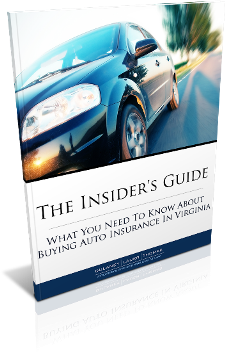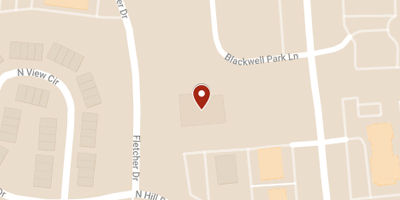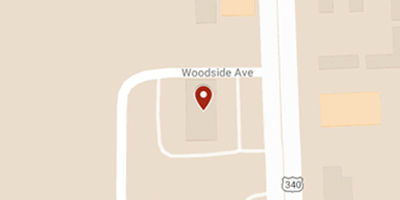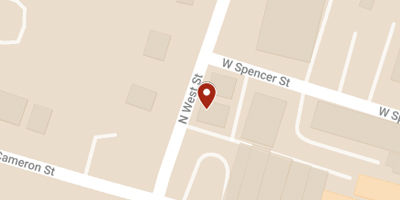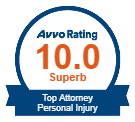Should there be an old-age limit for driving?
Drivers can be bad, reckless, negligent, or distracted at any age. Generally speaking, auto accident statistics show a considerable improvement in the driving skills from teens to experienced 60-year-olds. After 65, the crash rate curve goes back up, increasing steeply after 75. By the ripe age of 85, the risk of accidents exceeds that of teenage drivers.
Even though many elderly drivers in Virginia adjust to their limited driving abilities, such as by avoiding night driving, other factors increase the risk of accidents, like medication and its side effects.
For some elderly individuals, youth springs eternal, while others suffer all of the world's ailments. Thus, age is not a good indicator of driving ability.
Why do some elderly drivers get involved in crashes?
The elderly experience more difficulties when driving, thereby becoming stressed when getting behind the wheel. Gradually, three types of impairment develop:
Senses: Most elderly people have increasingly poor eyesight that can only partially be corrected by lenses. Poor sight might still be acceptable during bright daylight, but it becomes hazardous at night or in bad weather. Hearing can also worsen with age, making it increasingly difficult for older drivers to instantly react to the warning sounds of an approaching vehicle.
Physical Abilities: Reflexes are essential to good driving, and older people are much slower to react than younger people. Stiff or weak muscles make it difficult for elderly drivers to turn their heads to look at vehicles in blind spots. Arthritis reduces the ability to slam on the brakes or keep a firm grip on the steering wheel.
Mental Abilities: For older people, driving can gradually become a nightmare because of the multitasking and the constant attention that it demands. The pressure of dense traffic, the road signs and directions, the dashboard and the coordination of pedals and steering wheel are at times way too much to handle. Memory loss and attention deficit only make things worse.
Many elders do not want to give up driving, for it often means that they lose their independence and stop seeing other people as often. Friends and family members play an important role in convincing them that their driving puts them and others at risk and in providing them with alternative means of transport.
If you or a loved one has been hurt in a Virginia car crash, please contact our Warrenton or Culpeper office today. You can discuss your accident case with one of our skilled, dedicated attorneys to see how we can help you secure fair compensation.


